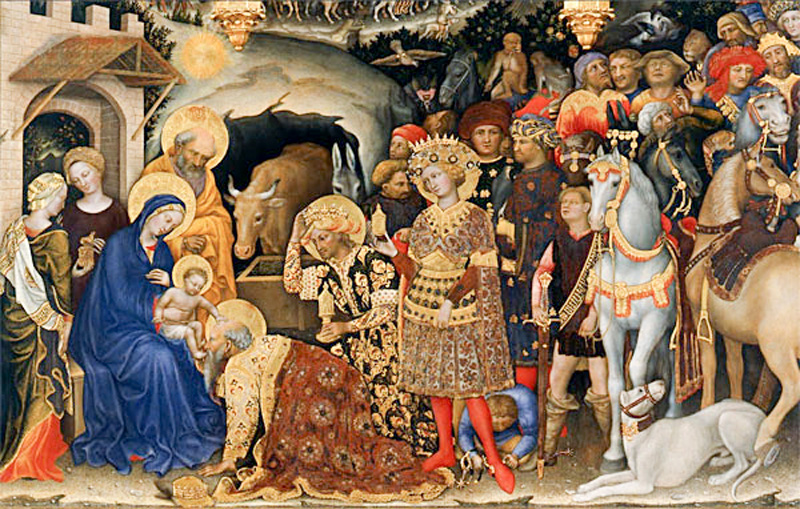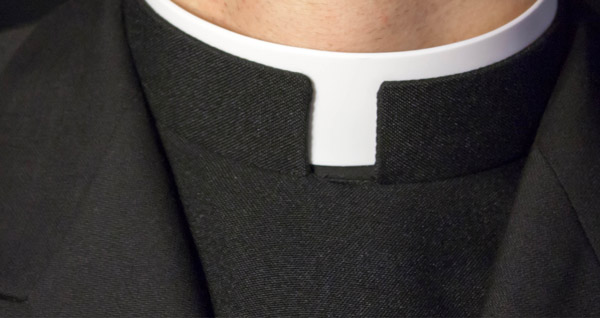
On Nov. 30, Clemson University hosted Eboo Patel. He is the founder and executive director of Interfaith Youth Core, which links young people of many faiths in cooperative service and shared experience. After addressing groups all day, Patel joined the evening celebration of 80 years of Catholic campus ministry at Clemson.
He spoke of the importance of Catholic action and education. He credits Catholics in the U.S. for their support of people of all faiths and backgrounds who have come in pursuit of a better life. His own father, who emigrated from India, earned his MBA at Notre Dame on a scholarship. Patel related that his father’s first stop on the campus was always the grotto, a center of great peace. Patel credited his father’s example and embrace of various cultures and religions as a prime influence on the start-up of the youth core. He concluded, with a nod to Pope Francis, that he considers the most important civic virtue to be mercy. At the end of the talk, Patel mentioned that he is Muslim.
Ten days later Rabbi Brad Bloom shared his experience with a Bible study group at St. Francis by the Sea in Hilton Head. Over the years, Rabbi Bloom has been a presenter there. In his Dec. 10 contribution to The Island Packet, he spoke about the welcome he has always received at St. Francis. His most recent lecture was on Jewish life in Judea at the time of Jesus — institutions, customs, groups and sects, and the impact of Roman rule.
The rabbi wrote of how Jewish scholars have studied and illuminated the understanding of the New Testament. He noted how both Jews and Christians come to new awareness when they explore the Jewish roots of Jesus, the Apostles, and the gospel texts. He advocated “religious stretching” in the development of mutual understanding.
On the same day that Rabbi Bloom’s article came out, Bishop Edward Braxton of Bellville, Illinois, addressed our diocesan Black Catholics Heritage Celebration. He also spoke to a group at the diocesan Pastoral Center the night before. The bishop, who is a distinguished African American scholar-theologian, addressed the Black Lives Matter movement and its impetus. He prefers the term “racial divide” rather than racism to describe tensions which persist in our nation. Bishop Braxton related that, upon his arrival in Charleston, the first place he wanted to visit was Mother Emmanuel AME Church, where he spent time in prayer and in conversation with a parishioner.
The Bishop stressed five steps which are essential to bridging what seem to be widening gaps in our country: Listen, Learn, Think, Pray, Act. For him, the bottom line is that all lives matter but that we are conscience-bound to be attentive to the most vulnerable. Underneath that, we must examine what creates vulnerability.
In Eboo Patel, Rabbi Brad Bloom, and Bishop Edward Braxton we hear voices of three wise men reminding us that the prophetic Christmas promise of peace on Earth requires our pursuit of understanding — persistently, openly, respectfully.




